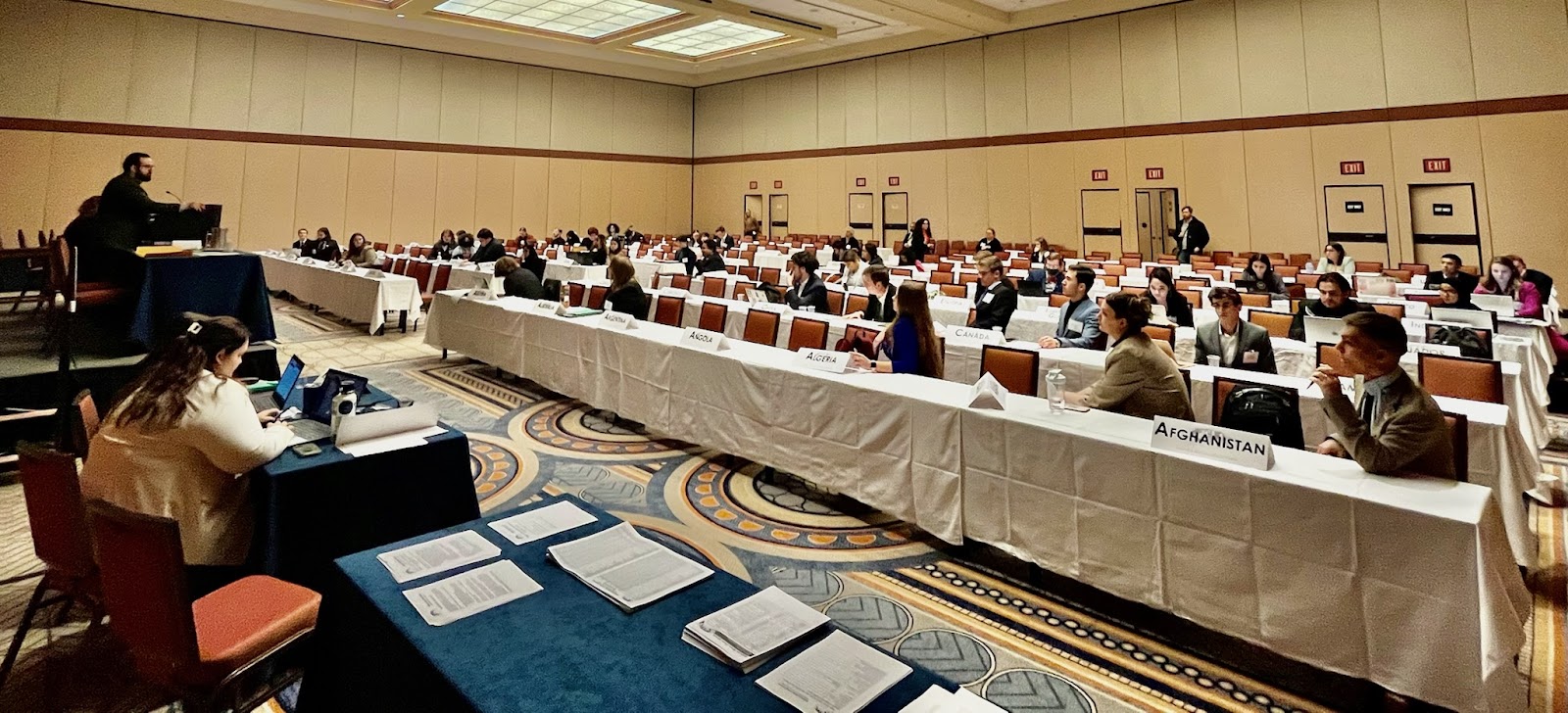
ITU Focuses on Digital Inclusion for Indigenous Peoples and Accessibility for Persons with Disabilities

By: Walter Aleksic, Student Reporter*
The International Telecommunication Union (ITU) is addressing two critical issues: enhancing digital inclusion for indigenous peoples and improving information and communication technology (ICT) accessibility for persons with disabilities. As Representative Estelle Hackos from the Arab Republic of Egypt stated, ‘The Arab Republic of Egypt firmly believes that Internet access is a human right guaranteed… access can guarantee human rights ability to get healthcare or anything like that.’ In a new age, we need to adjust our human rights standards to accompany more.”
Indigenous communities, comprising over 470,000,000 globally, often lack access to ICT. This digital divide affects their healthcare, education and advocacy efforts. The United Nations Declaration on the Rights of Indigenous Peoples (UNDRIP), adopted in 2007, underscores the United Nation’s commitment to these communities. The ITU’s role is crucial in implementing policies to fill this gap.
Concurrently, the ITU is taking on the challenge of ICT accessibility for the 1.3 billion people living with disabilities. Resolutions like the 2006 Convention on the Rights of Persons with Disabilities (CRPD) and the Connect 2030 Agenda emphasize the need for accessible ICT. Despite policy advancements, implementation, especially in developing countries, remains a challenge. Representative Mya Bell of Mozambique said, “Mozambique is very happy to be working with various constituents to draft a resolution that will promote digital inclusion for indigenous communities while also respecting self-determination.” This commitment to collaboration reflects the collective efforts to bridging the digital divide.
These efforts align with the United Nation’s broader goals of ensuring equity and inclusion in the digital age. The ITU’s initiatives in both these areas are crucial for creating a more inclusive global society.
The views and opinions expressed in this article were part of simulation of the United Nations held from 18 to 21 November 2023 and do not reflect the views and opinions of the American Model United Nations Conference, American Model United Nations International, LLC., the *Pacific Northwest University, or the governing bodies of the states mentioned in the article.
Keep Up With The Accords
More to read
The AMUN Accords is a premier resource for fact-based Model United Nations simulations. We are always looking for new contributors. Want to write for the AMUN Accords? Check out out the submission guidelines and then get in touch!




